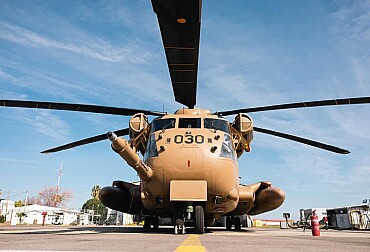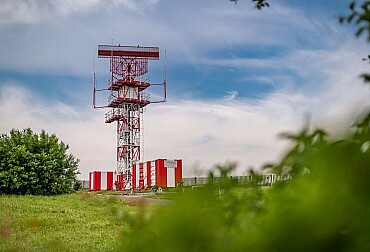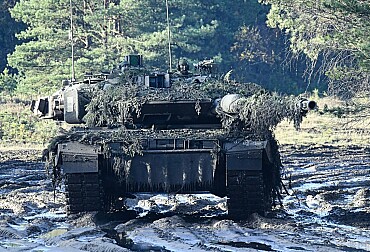Iran attacks Israel
On April 14, 2024, a significant escalation in Middle Eastern tensions occurred when Iran launched a direct attack on Israel, firing hundreds of drones and missiles. This major assault, described by the G7 nations as unprecedented, has drawn global condemnation, especially from leaders who voiced their unanimous denouncement of Iran's actions and their robust support for Israel's security.

Iran's military leadership has declared the attack a retaliatory success, referring to it as "Operation Truthful Promise." This operation was reportedly in response to what Iran views as provocations by Israel, including a suspected Israeli airstrike on Iran's embassy in Damascus earlier in April, which allegedly resulted in the death of multiple Iranian officers. Iran's actions underscore the ongoing and intense rivalry between the two nations, with the Iranian military stating that the operation was justified by Israel's previous aggressions.
Iran initiated a significant military operation against Israel just after midnight on Sunday, employing a combination of bomb-laden drones and ballistic missiles. The U.S. military, stationed in the Middle East, successfully intercepted numerous missiles and unmanned aerial vehicles (UAVs) that were launched from Iran, Iraq, Syria, and Yemen, as confirmed by U.S. Defense Secretary Lloyd Austin. He emphasized the U.S. military's readiness to protect American forces, support Israel's defense capabilities, and contribute to the stability of the region.
U.S. President Joe Biden denounced these assaults as unprecedented, expressing his condemnation in the strongest terms. In response, he had previously directed U.S. military enhancements in the region, including deploying additional aircraft and ballistic missile defenses over the past week. These measures, along with the expertise of American service members, played a crucial role in assisting Israel to intercept the majority of the threats.
President Biden also communicated directly with Israeli Prime Minister Benjamin Netanyahu to reassert the U.S.'s steadfast commitment to Israel's security. Following the attack, air raid sirens were activated in Jerusalem at approximately 1:45 a.m., with reports from journalists on the ground witnessing the interception of missiles, although no ground impacts were reported.
The motivation behind Iran's attack is attributed to a retaliatory response to an airstrike on April 1st against the Iranian consulate in Syria, which Iran holds Israel responsible for. This incident marks a rare direct military confrontation between Iran and Israel, according to the Associated Press in Jerusalem.
U.S. Senator Roger Wicker, a senior member of the Senate Armed Services Committee, stated that this situation underscores the necessity for the United States to demonstrate unity with its allies against common adversaries, such as Iran and its proxies. He highlighted the importance of a collective and robust response to Iran's aggressive actions.
The repercussions of the attack were immediate and widespread, disrupting civil aviation across the region. Major Middle Eastern airlines, including Qatar Airways and Etihad Airways, temporarily adjusted their operations due to the closure of airspaces by several countries, including Egypt, Kuwait, and Lebanon. This disruption affected international air travel, though normal operations were expected to resume shortly after the incident.
In the political arena, the G7 leaders swiftly responded by convening an emergency meeting to address the crisis. They emphasized the need to prevent further escalation and destabilization in the region, calling for a ceasefire and the end of hostilities in Gaza. Additionally, they discussed strategies to enhance humanitarian aid to the Palestinians, reflecting a comprehensive approach to tackling both the immediate and underlying issues of the conflict.
This incident has not only heightened tensions in the region but also drawn international focus to the fragile state of peace and security in the Middle East. The global community remains watchful and concerned about the potential for this confrontation to expand into a larger conflict, underscoring the critical need for diplomatic efforts and international cooperation to secure a peaceful resolution.








